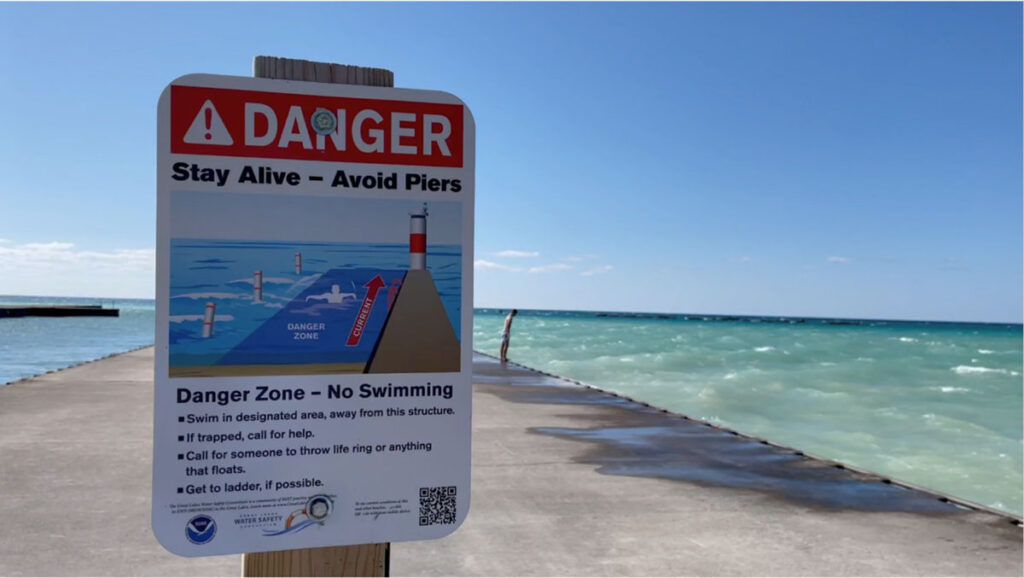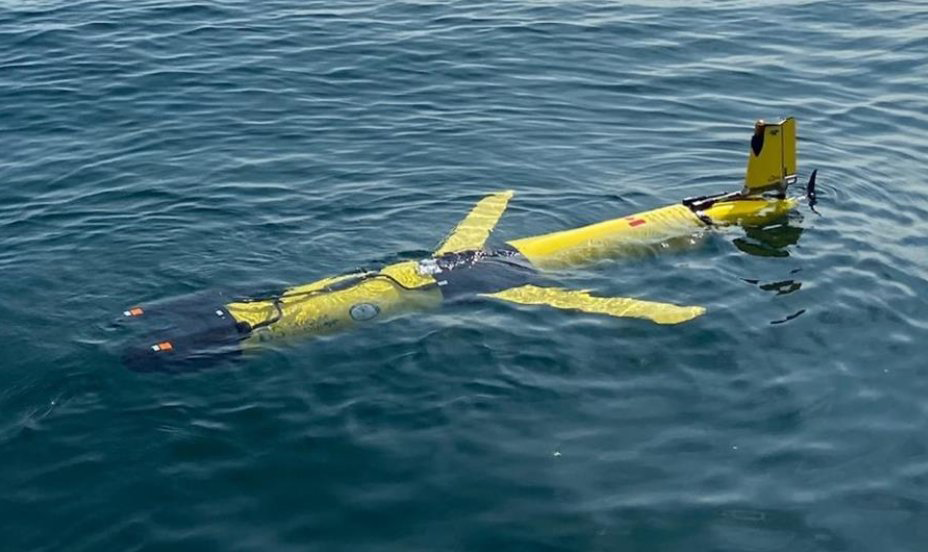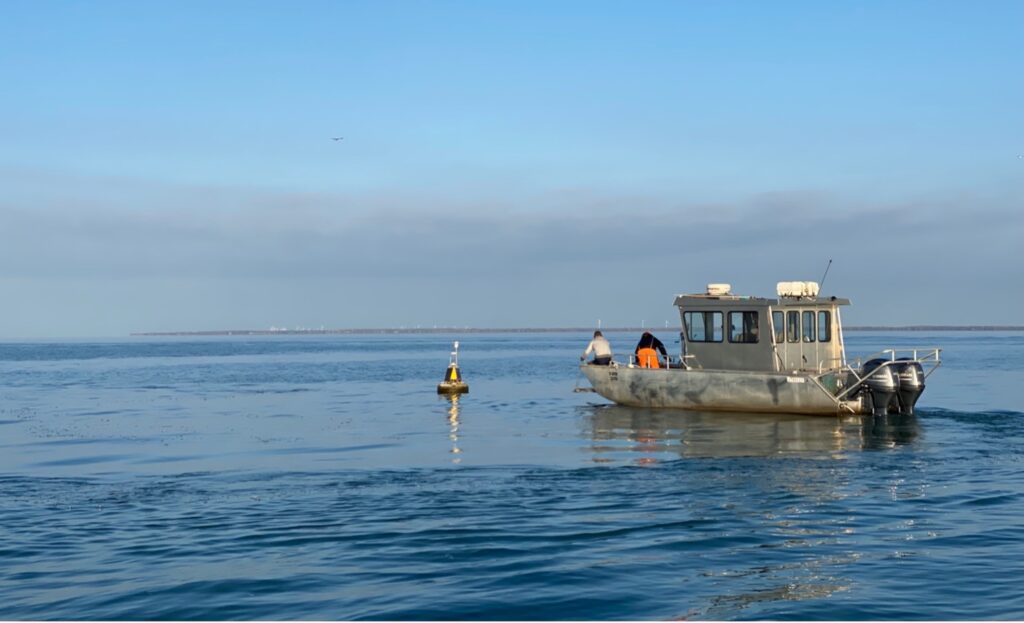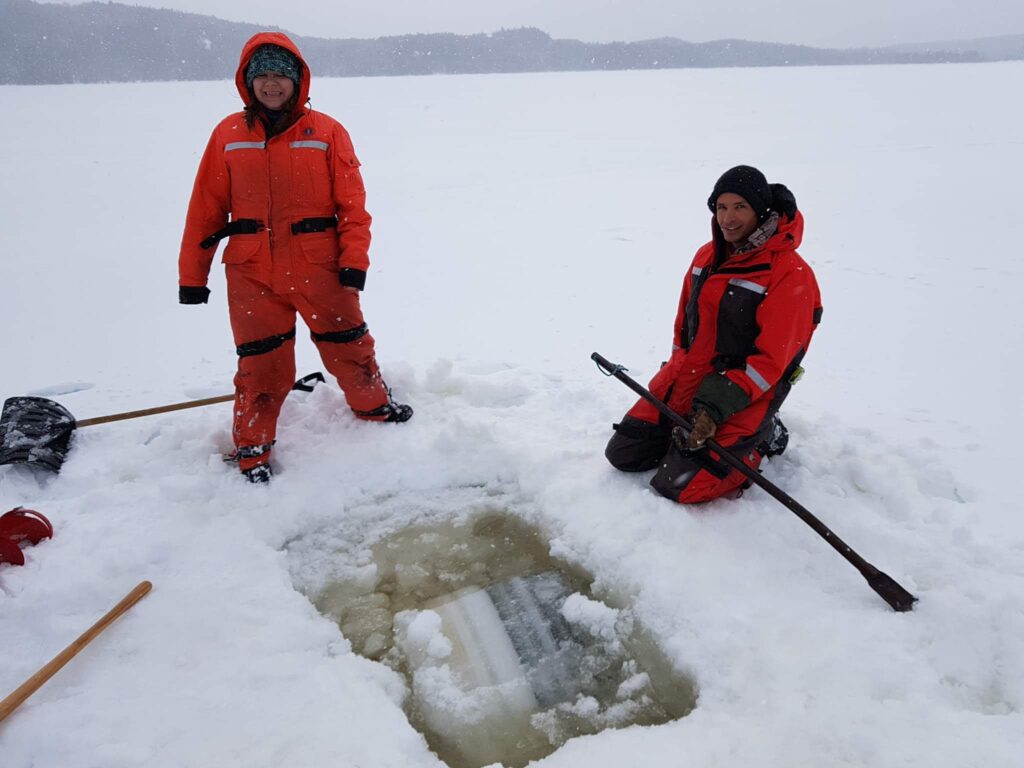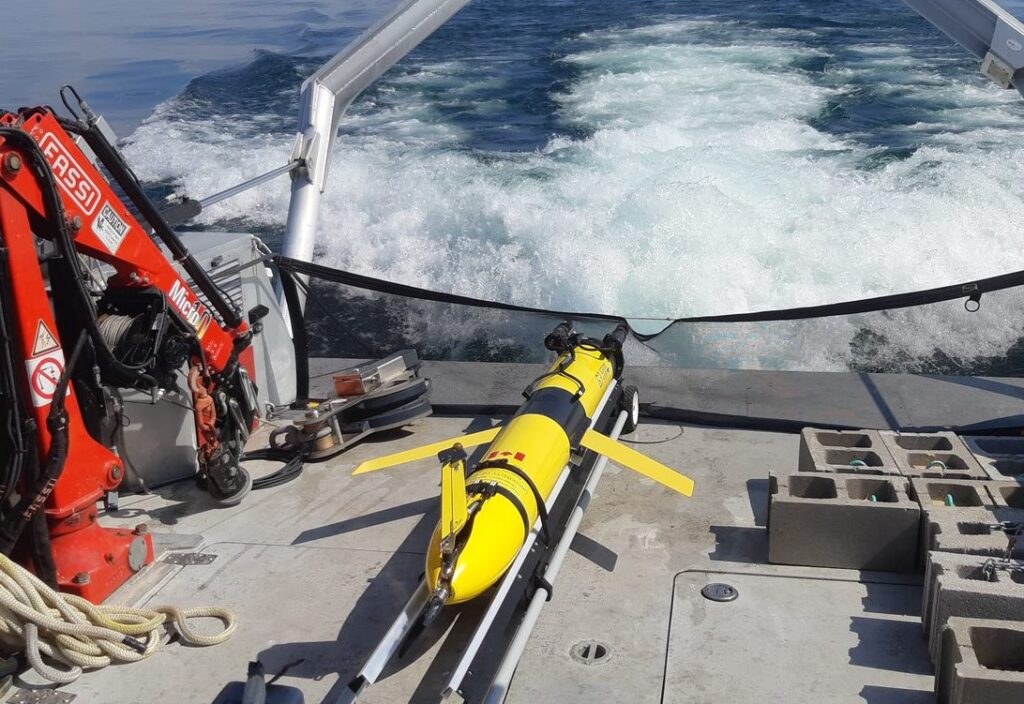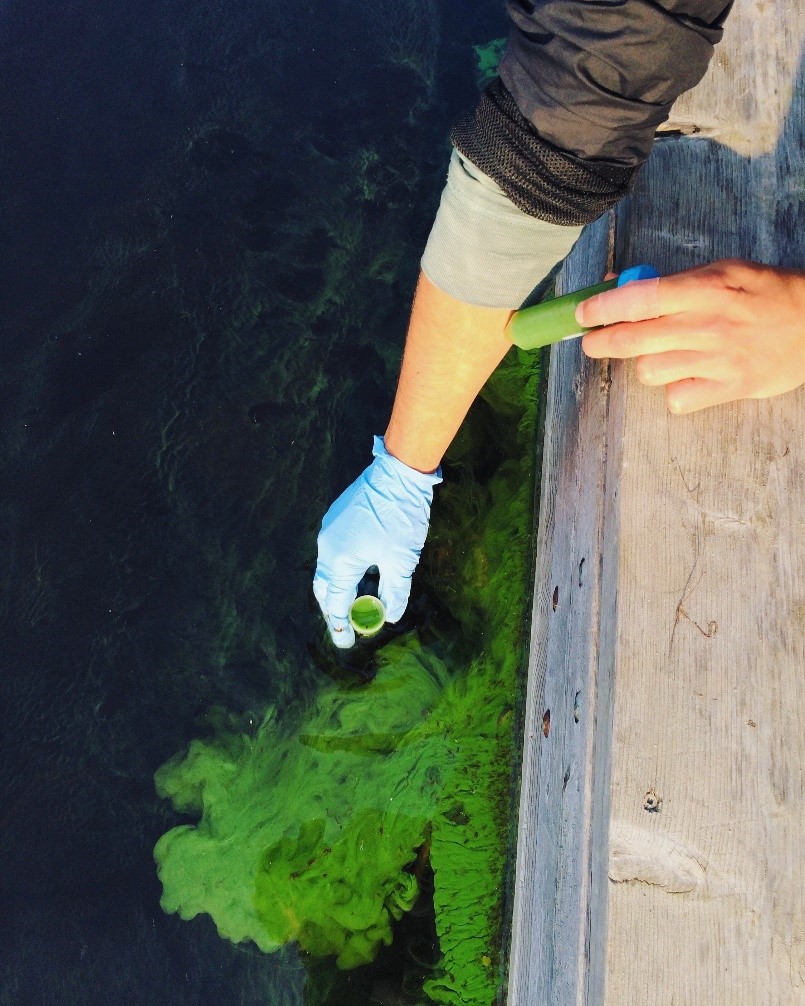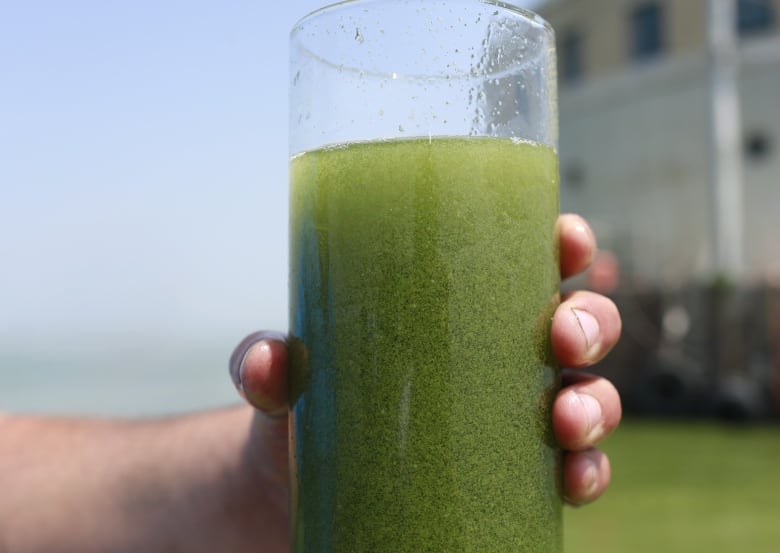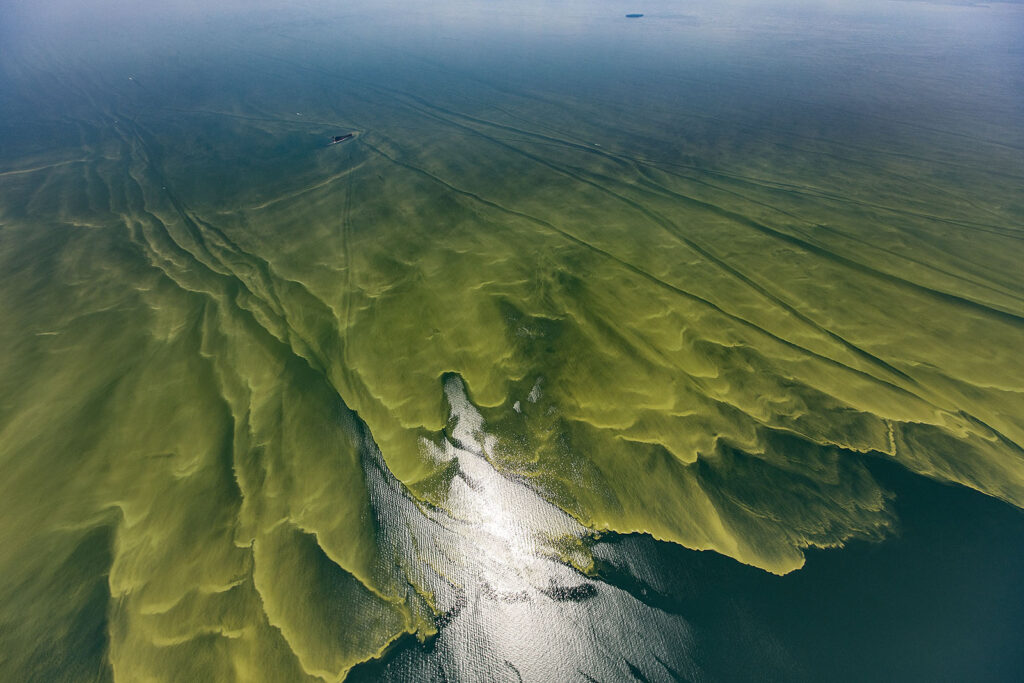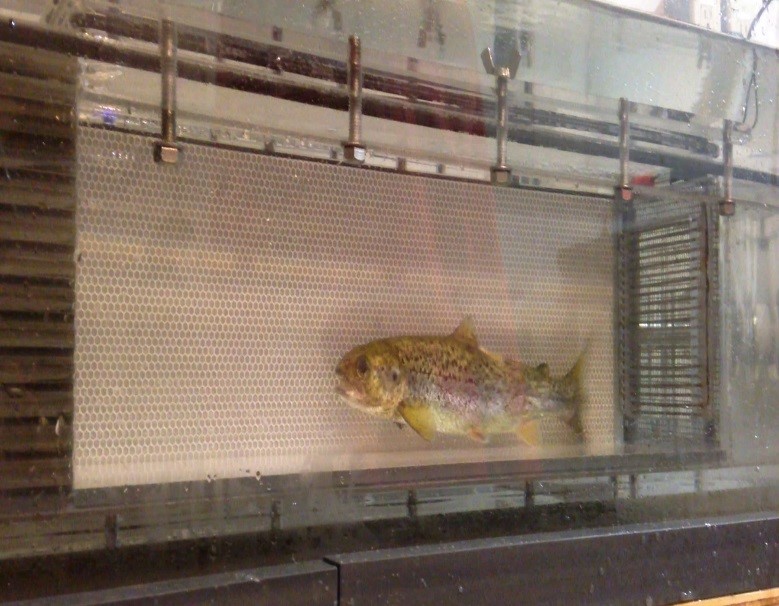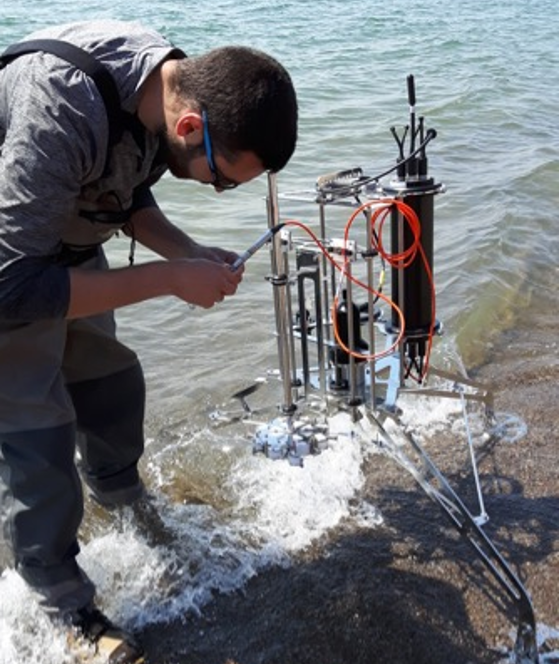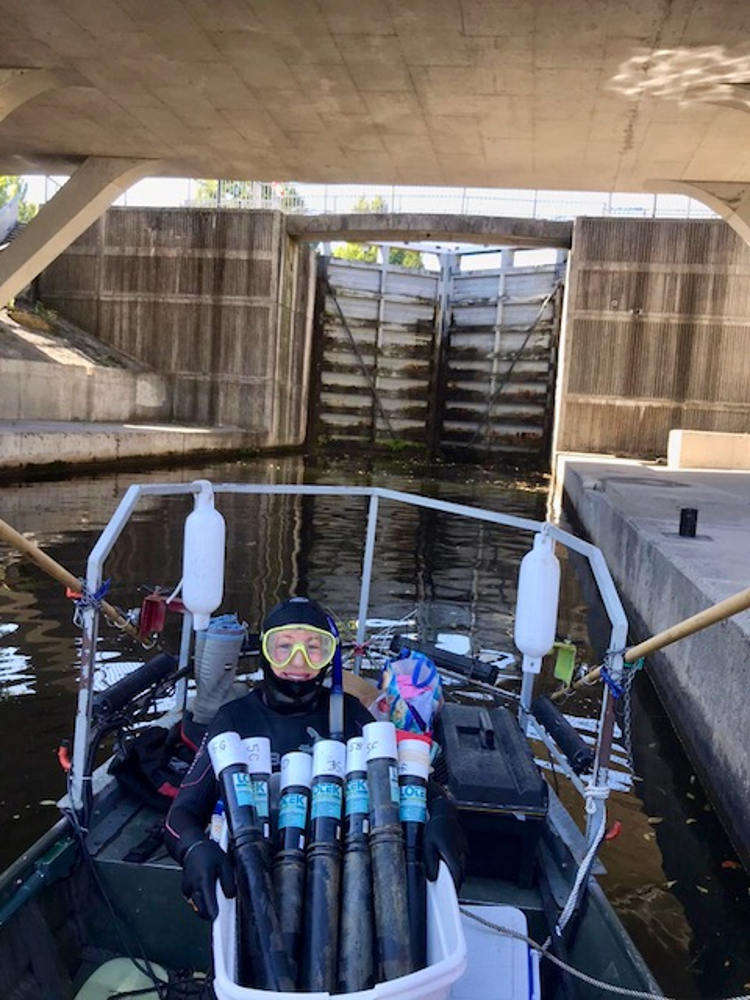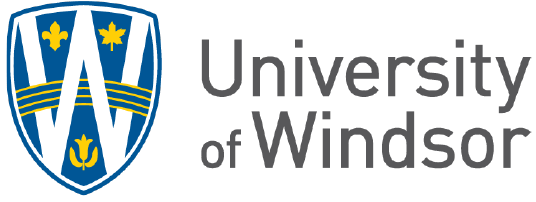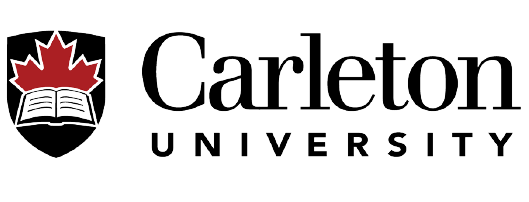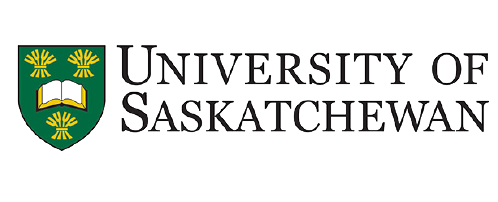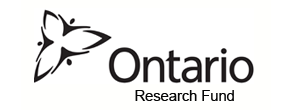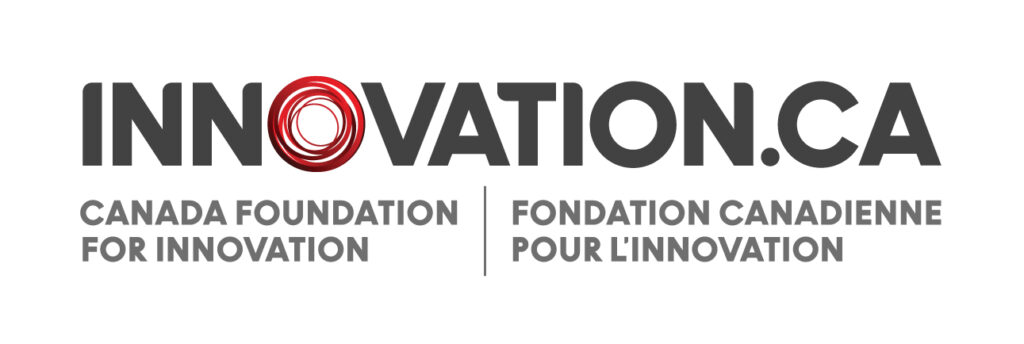The Real-Time Aquatic Ecosystem Observation Network
The Real-Time Aquatic Ecosystem Observation Network (RAEON) provides the infrastructure, staff and data management that Canadian researchers need to carry out cutting-edge, integrated and transformative research on the Great Lakes. A partner of Global Water Futures Observatories (GWF), RAEON improves understanding of the mechanisms and processes of large lake ecosystems and contributes to the management, rehabilitation and enhancement of their ecosystem services.
BlueskY
News
Participatory science project to engage community in monitoring Great Lakes
University of Windsor A new project led by researchers at the University of Windsor will combine their data with that gathered by community members to...
Students dive into robotics and research at RAEON
University of Windsor A group of high school students took a deeper look at the mechanics of underwater gliders during a visit to RAEON (Real-Time...
Toxic algae is invading Canada’s lakes. This early warning system could help
Toxic algal blooms threaten Canadian drinking water, but scientists are developing a way to protect against the harmful slime.
UWindsor celebrates launch of Canada’s premier freshwater observation network
By Aaron Mahoney | AM800 The University of Windsor, along with eight other universities in Ontario, is joining with the University of Saskatchewan for a...
‘Crazy time’ — UWindsor joins Canadian fight against freshwater threats
Trevor Wilhelm | The Windsor Star Flooding, droughts, and zombie fires — Canada could be in for another rough ride this summer. “It’s a crazy...
Research collaborations: The best way to tackle big ecosystem issues
Solving increasingly complex environmental challenges requires collaborative research networks that share expertise, data, information, and tools. Fortunately, the Real-Time Aquatic Ecosystem Observation Network (RAEON) is...
UWindsor receives $1.77M to join largest freshwater research network in Canada
University joins 8 others as part of Canada-wide research CBC News The University of Windsor is receiving more than $1.77 million in funding to support its...
GREAT LAKES DATA
RAEON Projects
Investigating shoreline change in the Great Lakes & the Smart Beach project
RAEON has supported several projects related to shoreline change in the Great Lakes, including a study using artificial vegetation to protect shorelines by reducing the...
Acoustic telemetry range-testing using Slocum gliders in Lake Huron
RAEON, in partnership with the US Geological Survey, is range testing a novel mobile platform to improve glider-based acoustic telemetry studies. Scientists use acoustic telemetry...
Hydrological process control on organic carbon sequestration and greenhouse gas (GHG) fluxes from wetland in agricultural landscapes
Canada’s GHG reductions and carbon offsets to prevent warming beyond 1.5 °C need to be reported internationally in order to be recognized in global negotiations...
Real-Time Data Collection to Help Protect Drinking Water Sources
This project will help scientists better understand and predict the development of harmful algal blooms (HABs) using real-time data. The project team will deploy real-time continuous...
Scientists Studying Seasonal Fish Habitat Use and Production in Inland Lakes
Novel methods will yield rich data to improve resource protection Freshwater fish are an important economic and cultural resource to Canadians. Recent research indicates, however,...
Investigating nearshore and offshore patterns of thermocline and deep chlorophyll maxima formation in Lake Ontario
Continuous monitoring will provide data needed to help protect ecosystems Scientists deployed an autonomous underwater vehicle to continuously collect high-resolution spatial and temporal data in...
Tracking more than 30 years of phytoplankton blooms in Lake Winnipeg
Lake Winnipeg —one of North America’s Great Lakes — recently has been labeled one of the most threatened lakes in the world because of increased...
The effect of different nitrogenous compounds on cyanobacteria physiology and toxin production
Intensive agricultural lands feed into Canada’s Great Lakes. The primary type of nitrogen used in agriculture has changed over time, shifting from organic to inorganic...
Understanding the distribution and presence of different cyanotoxins in Ontario waters
Cyanobacteria, algae that form on the surface of nutrient-rich waters, can produce an array of toxins. Accurately measuring these toxins in waterbodies is crucial because...
Atlantic salmon restoration in Lake Ontario
Atlantic salmon were historically abundant in Lake Ontario, but their populations disappeared from the lake more than a century ago. Management agencies and conservation groups...
Evaluating Microbial Nutrient Sediment Dynamics in Lake Erie Watersheds
A primary goal of water quality managers is to intercept or mitigate nutrients or pathogens at their source to ensure effective wastewater treatment. Source water...
Investigating Fish Connectivity in the Rideau Canal Waterway to Inform Conservation Decisions
By: Jordanna N. Bergman, PhD Student, Carleton University and Steven J. Cooke, Professor, Carleton University The Rideau Canal Waterway, located in eastern Ontario, forms a...




